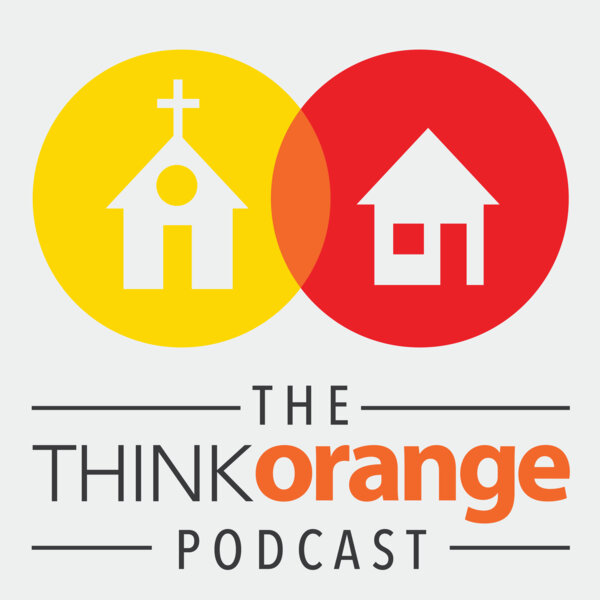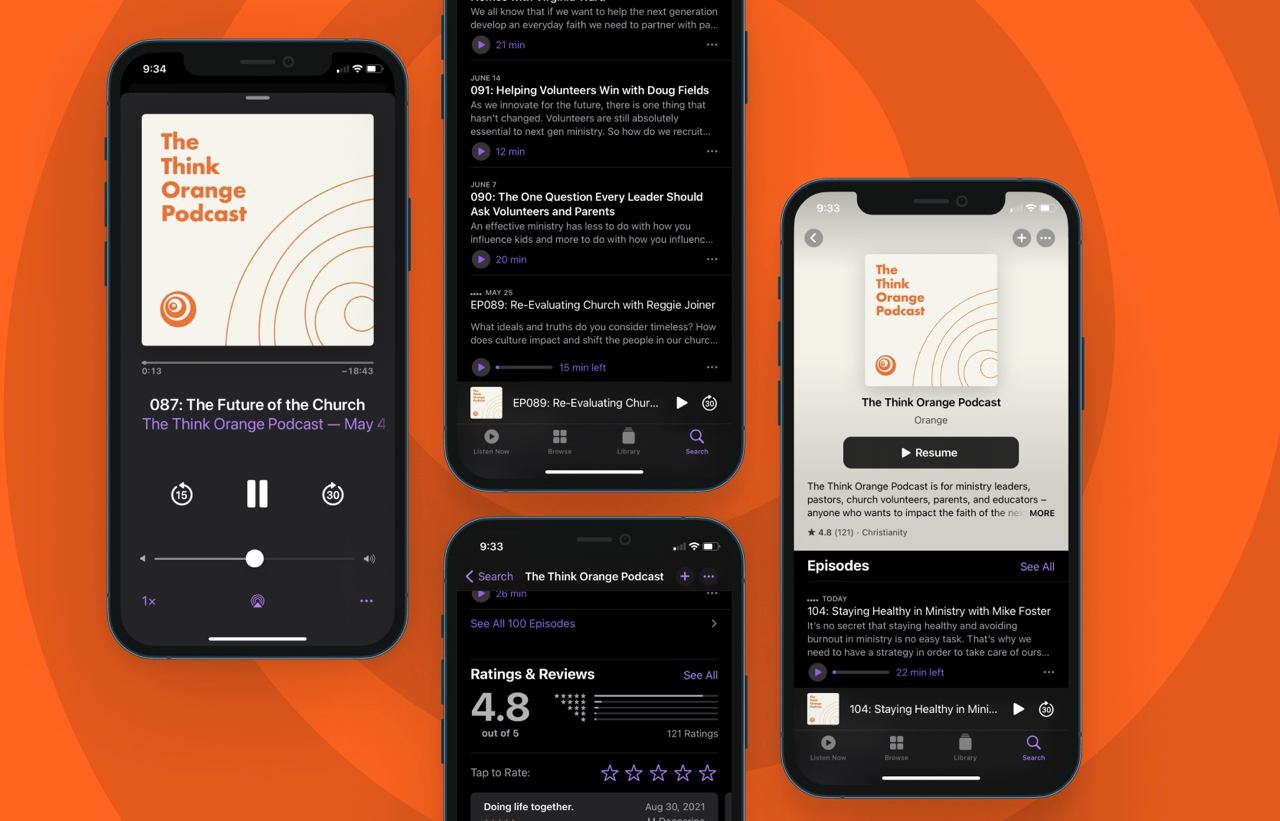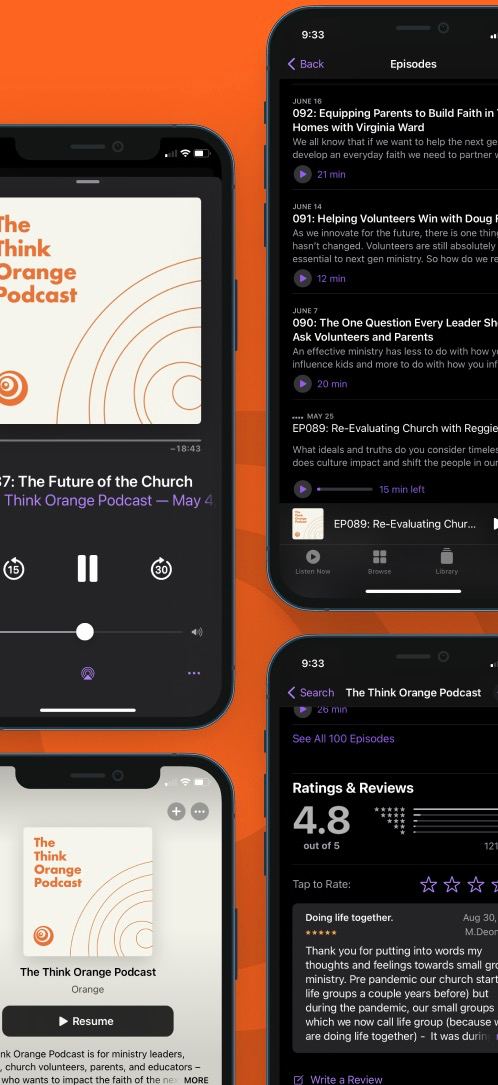Welcome back to another episode of the Think Orange Podcast.
A boy living under the stairs discovers he’s a wizard. The unlikely team of a reindeer, a snowman, and an adolescent girl breaks an icy spell that grips their entire kingdom. A released prisoner finds his redemption in the raising of a young girl. Stories are all around us. They shape cultures, give us a sense of belonging, and cheer us on to do great things. That’s why, in Episode 18 of the Think Orange Podcast, we’re turning our attention to how to tell a compelling story.
Heather Zempel, from National Community Church, talks about the power of story through the lens of the biblical account of the healing of a paralyzed man whose friends carried him to Jesus on a mat. Then Dan Scott, Curriculum Director of 252 Kids and Preteen and an expert on what makes a great story joins us for a conversation about what research has shown about the role stories can play in the lives of those in our ministries.
Welcome to Episode 18 of the Think Orange Podcast.
Topic Timeline:
Story is a big part of our culture today (1:02)
Beginning of Heather Zempel dialogue on why stories matter (4:54)
The Bible, the story of God, is planted in our hearts from eternity (4:54)
Three components of good storytelling:
- Likeable, relatable characters (6:37)
- An awareness of the story’s original context (8:23)
- A conflict to be overcome—the greater the conflict, the greater the story (10:14)
Beginning of Dan Scott interview (12:04)
How story can connect people to the heart of God (13:54)
Story = a problem + a solution (14:33)
As ministry leaders, small group leaders, and communicators, we have the opportunity to play the character of a guide in people’s stories (15:48)
The advantages of weaving in story versus traditional teaching (16:14)
Storytelling creates an experience for the audience instead of just communicating words they listen to (17:24)
Leadership isn’t about creating picture-perfect moments but about developing stories (18:21)
Empathy is at the center of effective storytelling (23:24)
The ability to tell a story is connected to what it means to be created in God’s image (29:20)
The best story you can tell is the one you know best: your own (31:53)
How to measure if a story effectively reaches its audience (33:53)
Telling stories that span across cultures and people groups (37:15)
Brain science tells us that kids need a call to action to connect the dots to their own lives, but adults are capable of responding to an emotional pull (40:29)
Dave and Ashley’s final thoughts (42:35)
Jesus is the goal of the story, the hero is whoever is listening—what can you tell them that leads them to the end goal? (44:14)






